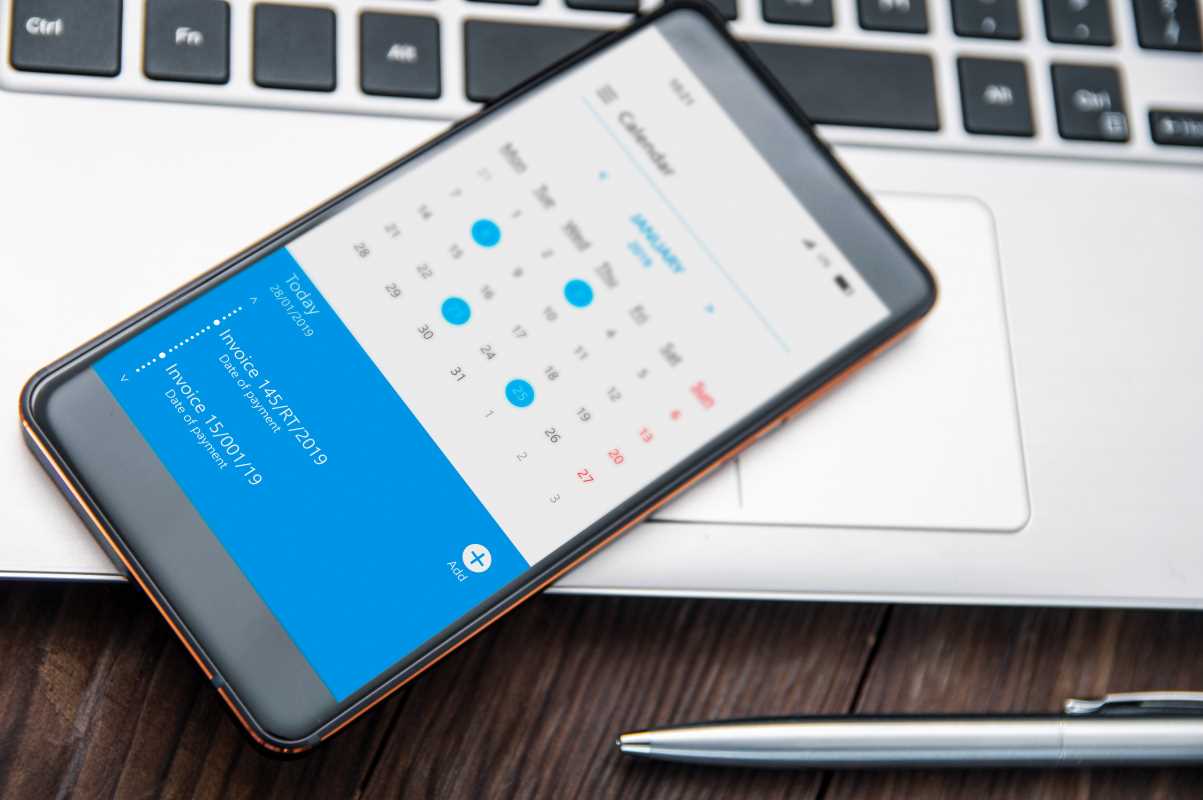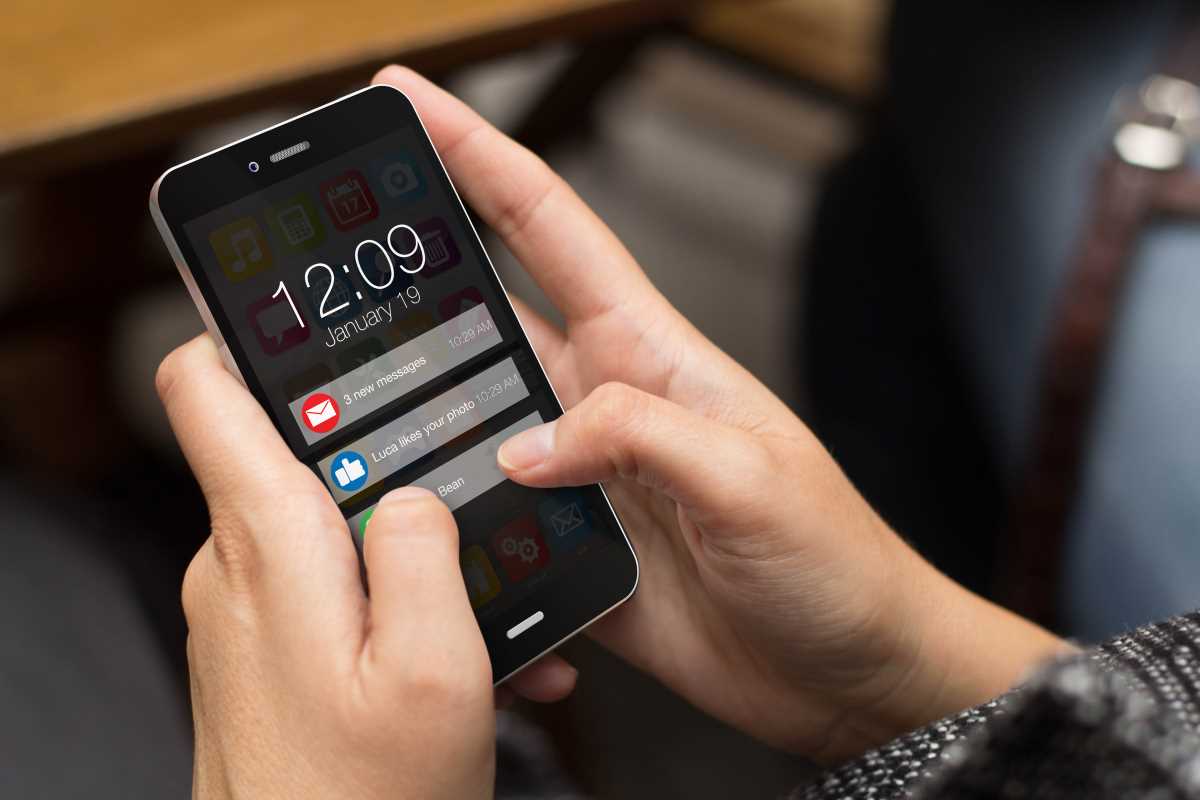The way we manage time has come a long way from the days of paper planners and sticky notes. Digital calendars have evolved into powerful tools, designed not just to track appointments but to actively simplify the complexities of scheduling. Modern smart calendars come equipped with features that automate tasks, manage commitments, and free up mental space for what truly matters. By leveraging these advanced functionalities, you can leave behind the stress of constant planning and enjoy a smoother, more organized day. From booking meetings to organizing personal reminders, smart calendars take care of the busy work so you don’t have to.
Intelligent Scheduling Assistance
One of the most useful advancements in smart calendars is their ability to coordinate schedules without endless back-and-forth communication. With intelligent scheduling tools, modern calendars can suggest optimal meeting times by comparing everyone’s availability. For instance, if you’re working with colleagues in different time zones, your calendar can identify overlapping windows that work best for everyone.
Some smart calendar platforms integrate directly with scheduling links, where others can even cross-check multiple calendars at once, ensuring there are no conflicts. Features like room booking tools or auto-suggestions for meeting lengths make planning even easier. This capability means less time spent coordinating and more time focused on meaningful work.
Intelligent scheduling assistance is particularly valuable for managing recurring meetings. Instead of manually searching for available slots each week, smart calendars can automatically repeat schedules while accommodating any changes in your availability. This kind of automation reduces the chances of double-booking and keeps your commitments streamlined.
Automated Reminders and Alerts
Missed deadlines and forgotten appointments can easily disrupt your day. Smart calendars solve this problem with automated reminders and alerts. By setting customizable notifications, you can ensure you’re prepared for events well in advance. These alerts can be tailored to your preferences, whether you need a nudge 10 minutes before a call or a reminder the night prior to prepare for a deadline.
Some systems even send follow-ups if you’ve missed an alert, ensuring critical tasks won’t slip through the cracks. Advanced smart calendars are also capable of syncing reminders across devices, so whether you’re working from a laptop, tablet, or phone, you’re always in the loop.
The modern calendar takes this a step further by integrating with virtual assistants. For example, many apps can send spoken reminders through devices like smart speakers, blending seamlessly with your home or workspace setup. This enables you to stay organized even when you’re away from your screen.
Integrated Task and Goal Management
Traditional calendars kept schedules, while task lists lived separately in notebooks or standalone apps. Today’s smart calendars blend these two worlds, offering integrated task management features that merge your schedule with your to-dos. This ensures tasks have the designated time they need, making it easier to tackle responsibilities consistently.
Imagine planning to write a report by Thursday. Instead of mentally allocating time, smart calendars now allow you to block specific periods for that task. Once it’s on your calendar, it becomes part of your day, giving it the priority it requires. Some tools even integrate productivity techniques, such as Pomodoro timers, to break tasks into manageable chunks.
On a broader scale, smart calendars also aid in tracking long-term goals. By setting milestones directly in your calendar, you create visual reminders of deadlines and progress points. Adding subtasks ensures your big goals remain approachable without feeling overwhelming. This merging of daily schedules and long-term plans ensures you’re not only completing tasks but also moving closer to your overarching objectives.
Smart Suggestions and Predictive Features
The predictive power of modern calendars transforms them from static tools into proactive helpers. Based on your usage patterns, they begin to anticipate your needs, offering tailored suggestions for efficiency. You might notice your calendar auto-suggesting locations for meetings you attend regularly or pre-filling details based on past events.
These predictive features extend to travel planning as well. For instance, when your calendar identifies an upcoming meeting in a different location, it can send reminders to factor in commute time. Some platforms integrate with mapping or navigation apps to provide real-time traffic insights, ensuring you always arrive prepared.
Calendars equipped with machine learning learn your habits over time. If you consistently need quiet work time in the mornings, your calendar might start suggesting blocks of time for focus work during those slots. These subtle adjustments show how calendars can serve as not just organizers but valuable collaborators in your day-to-day flow.
Simplify Life with Smart Calendars
The evolution of smart calendars has brought incredible convenience to managing time and tasks. Their ability to intelligently schedule, deliver automated reminders, manage goals, and integrate with other tools ensures that the busy work of life is handled smoothly. With predictive features and cutting-edge integrations, these calendars remove the mental load of day-to-day planning, allowing you to focus on what truly matters.
By adopting these advanced features, your schedule becomes more than a collection of commitments. Instead, it transforms into a flexible, intuitive system that keeps you organized and empowered. Smart calendars don't just keep track of time; they enhance the way you live and work, ensuring every moment is well spent.







